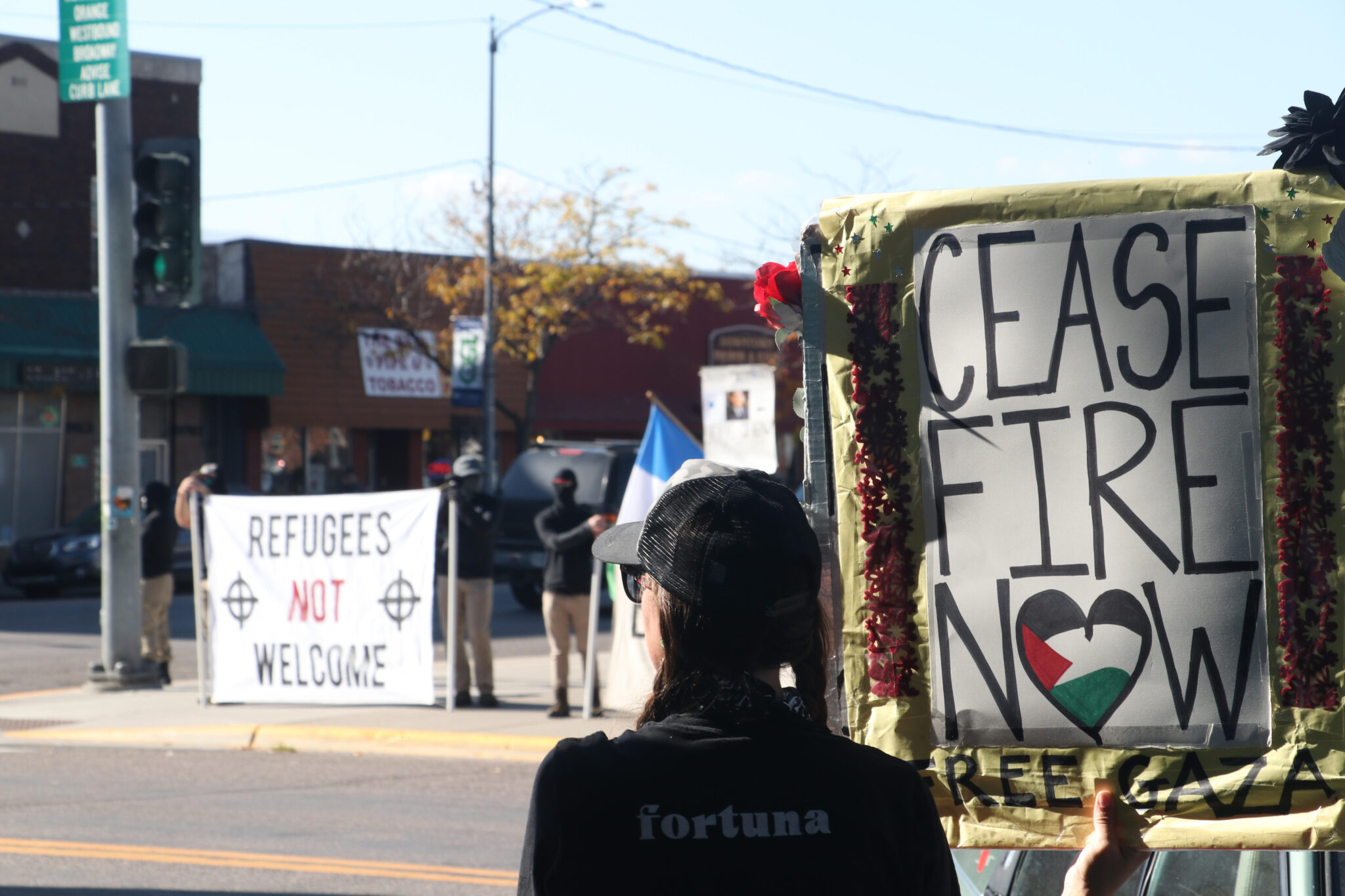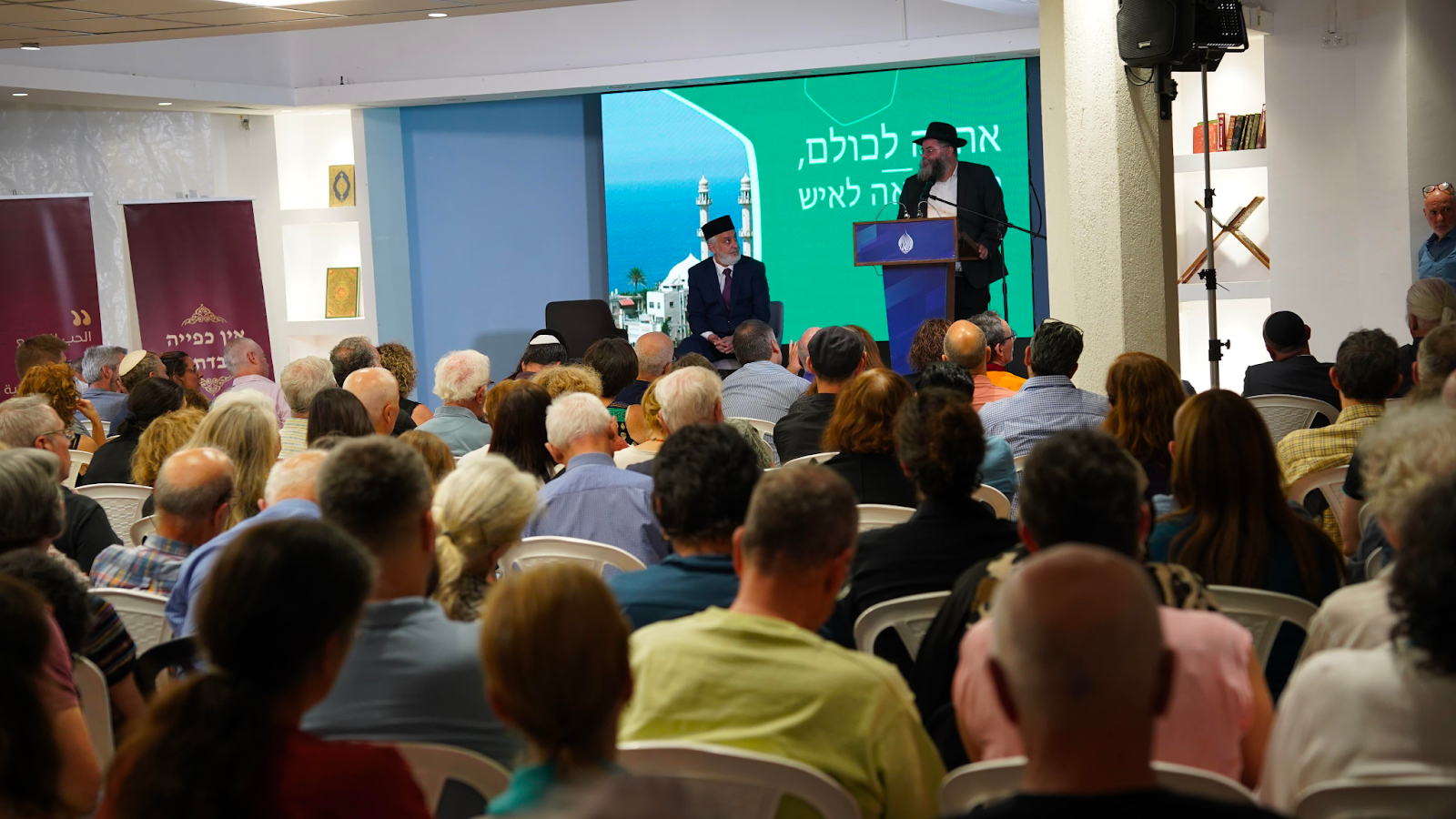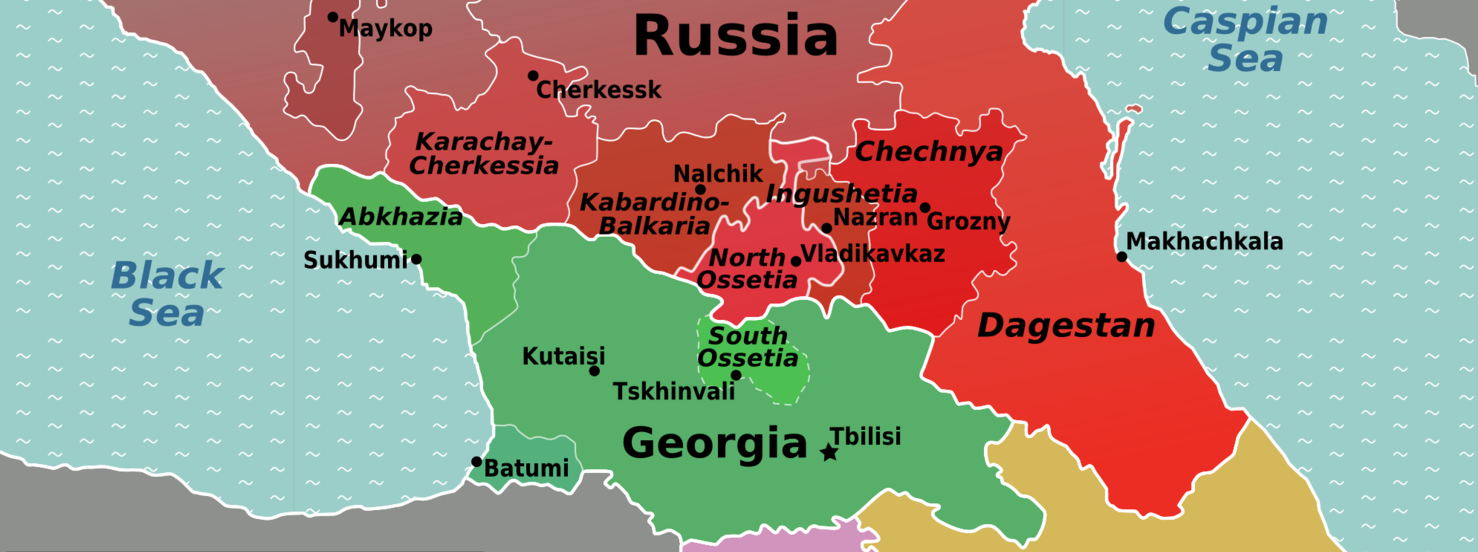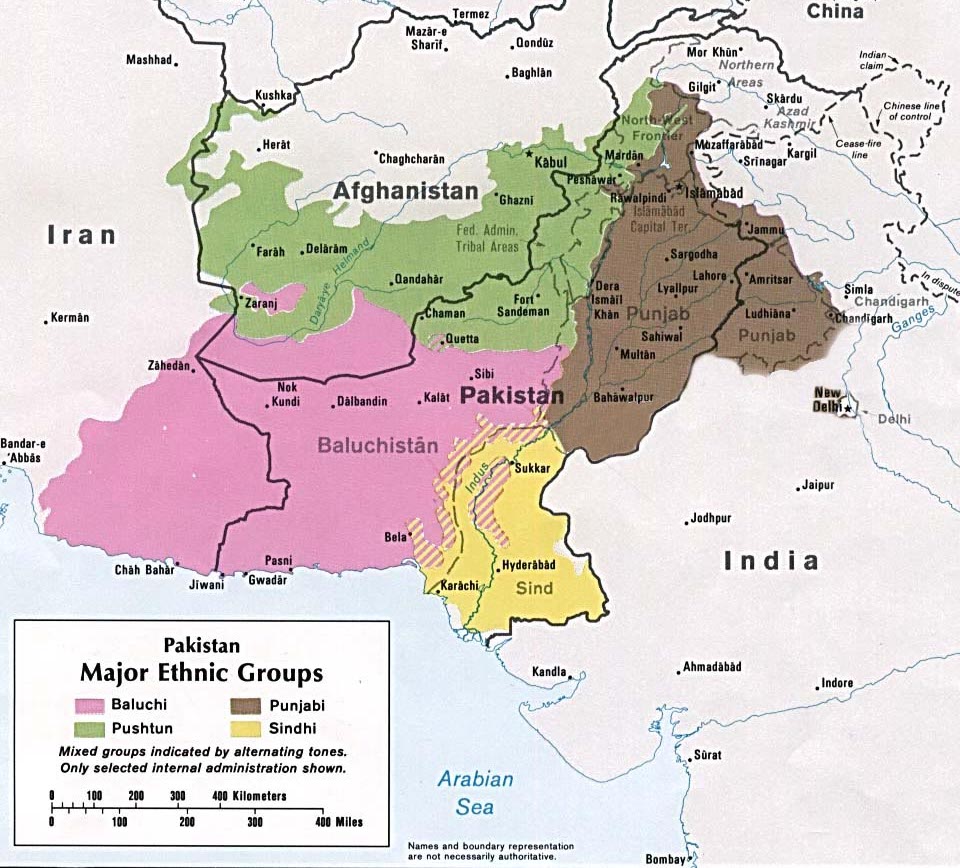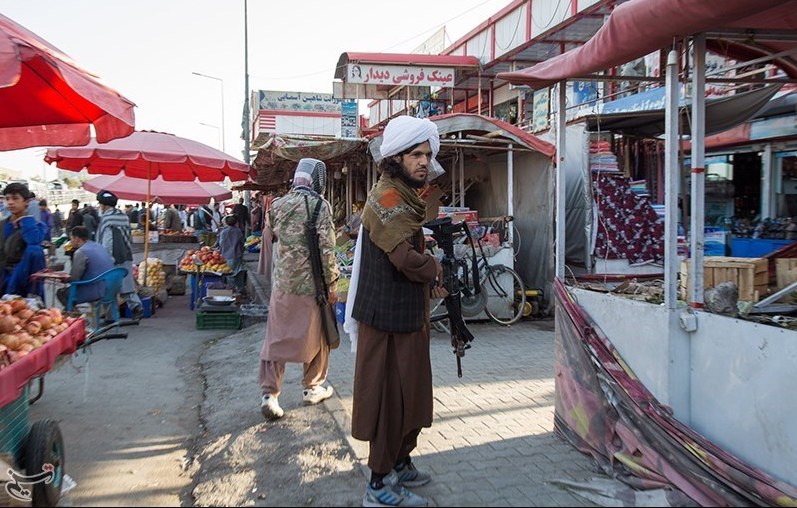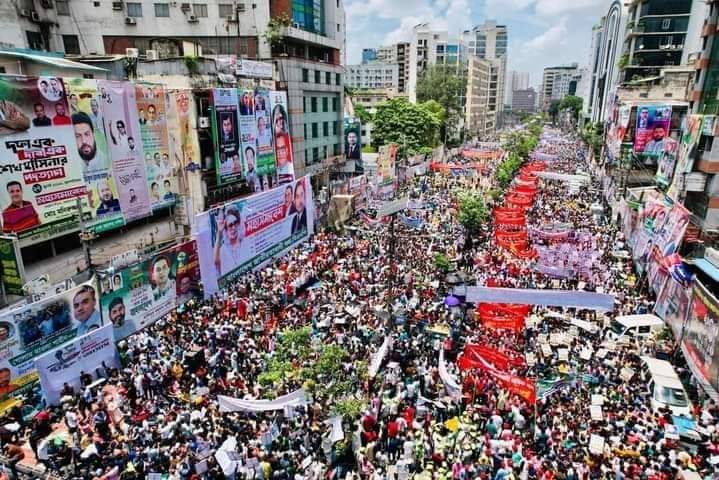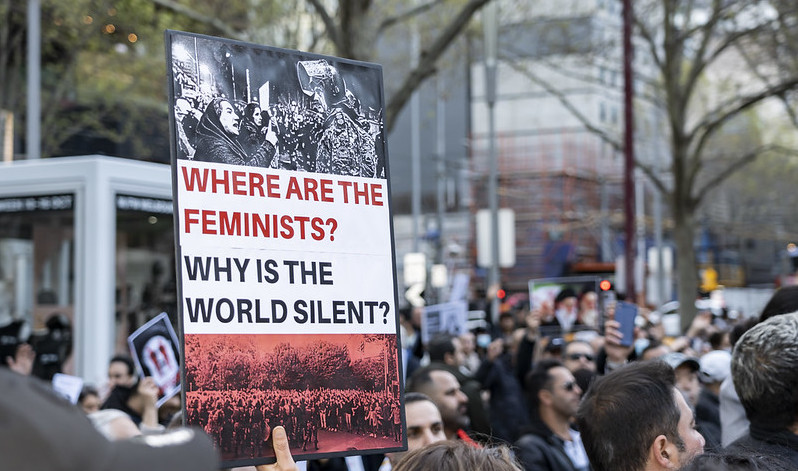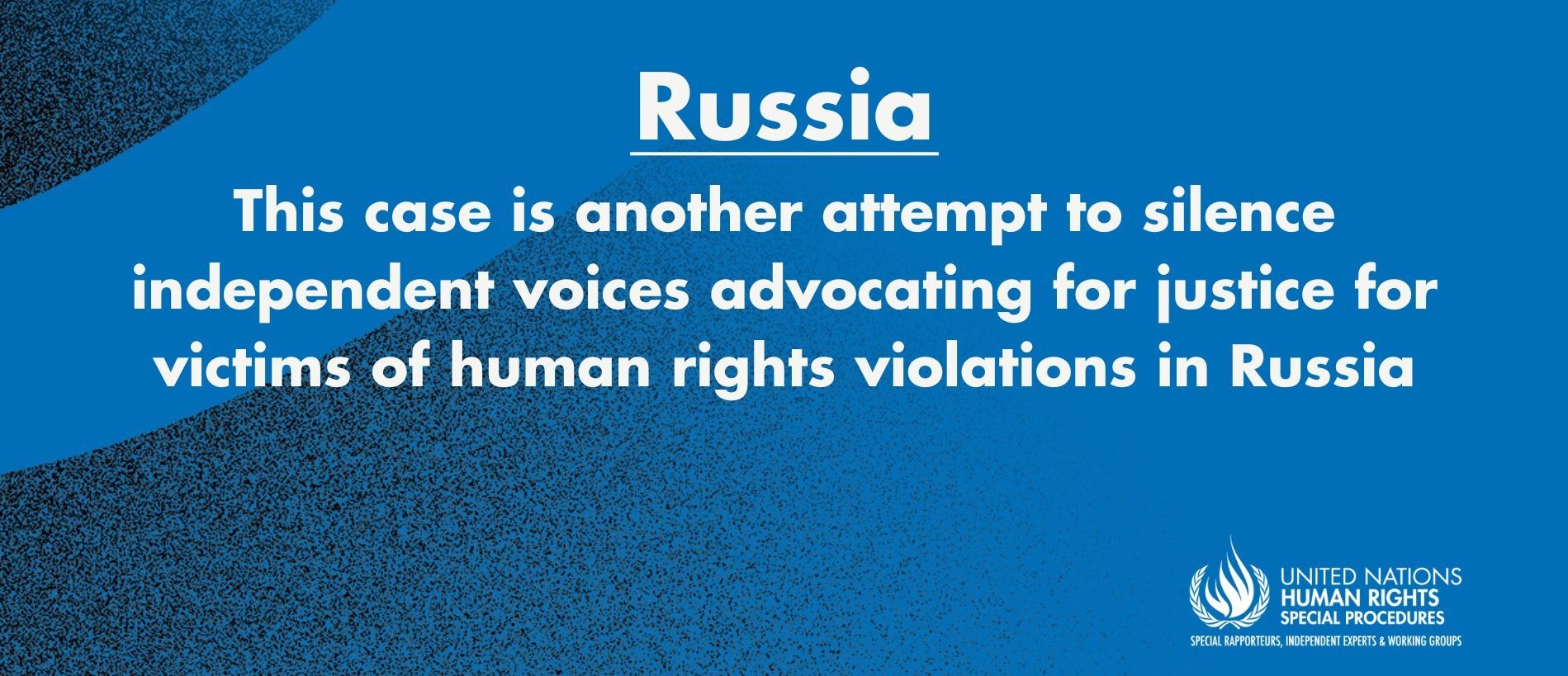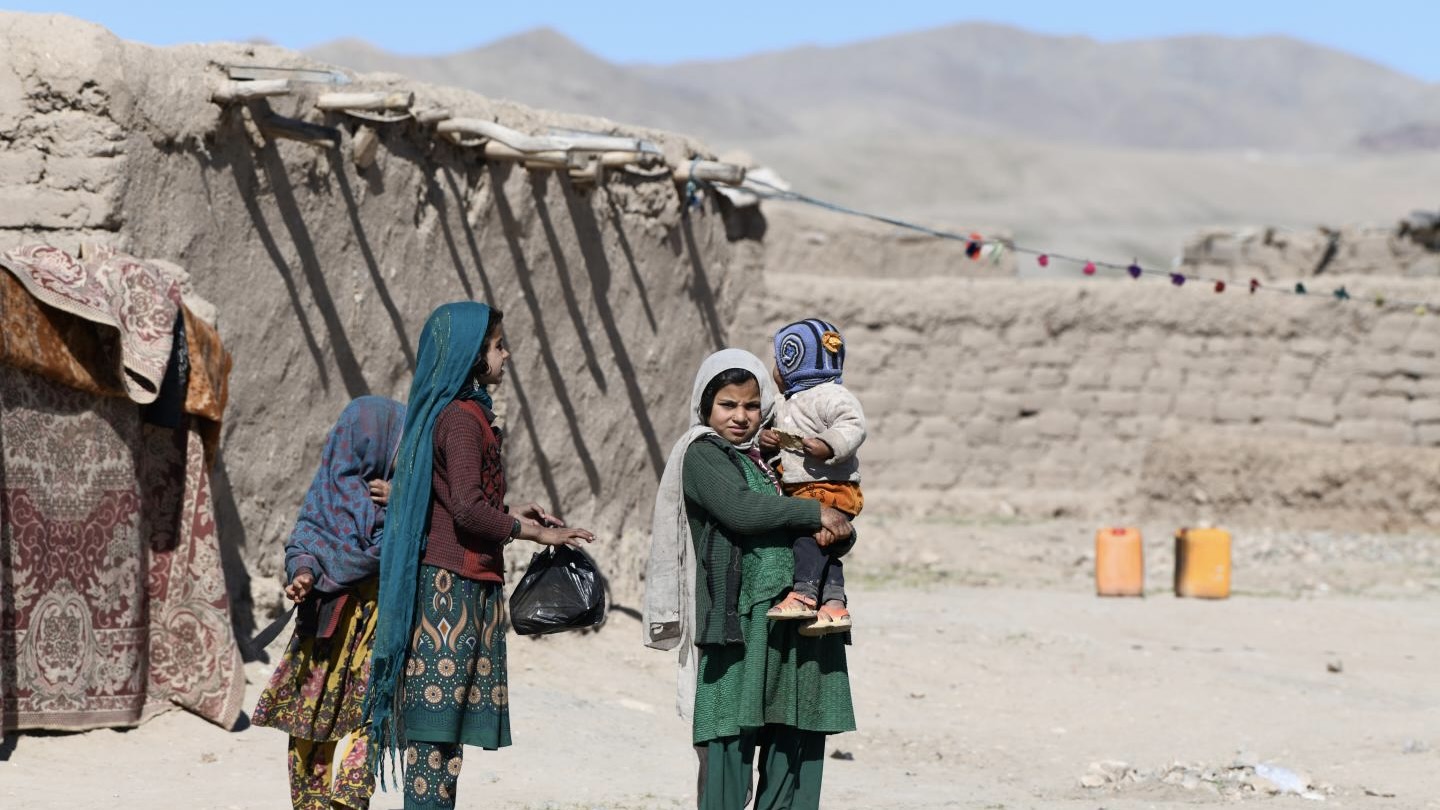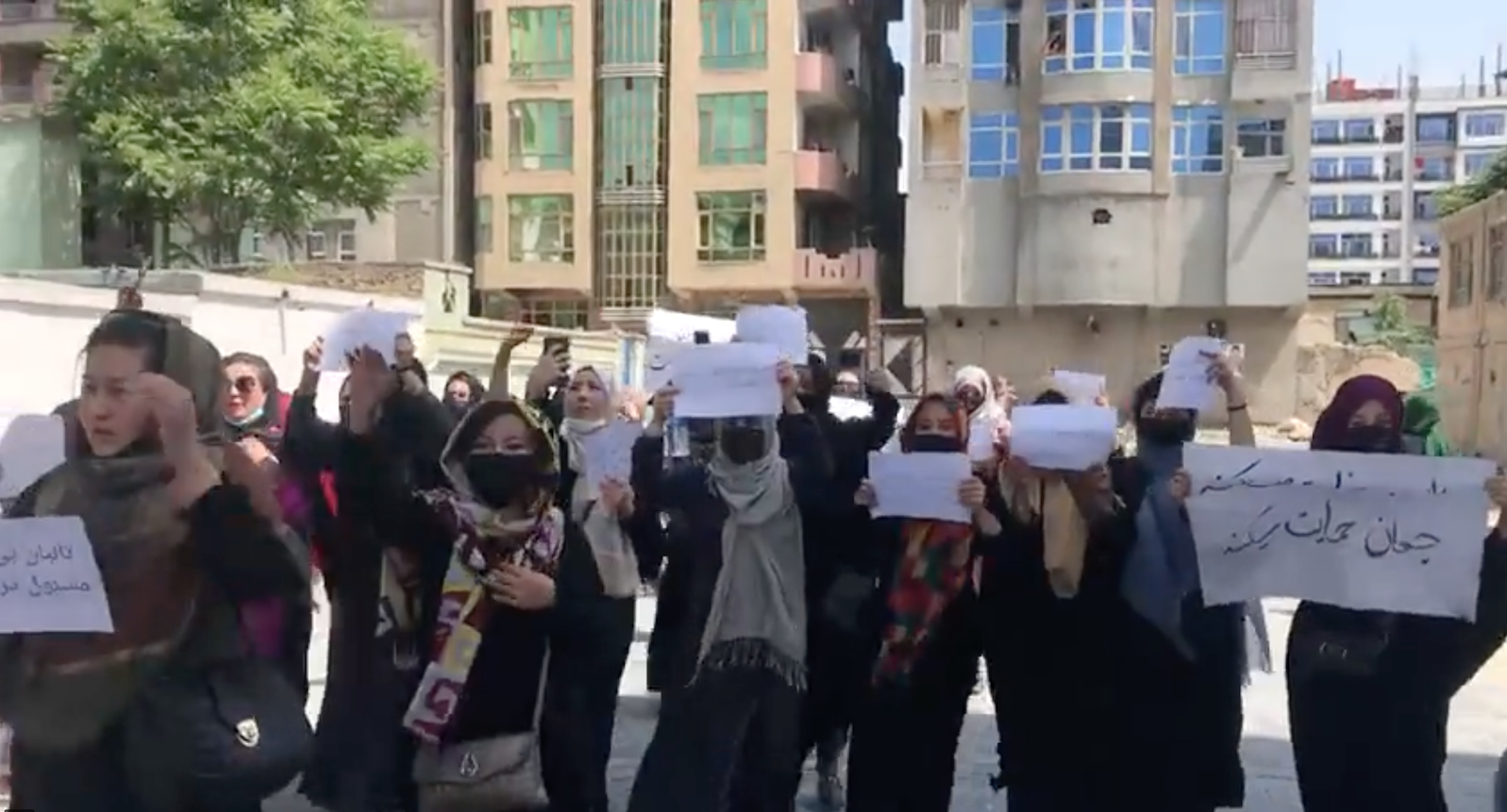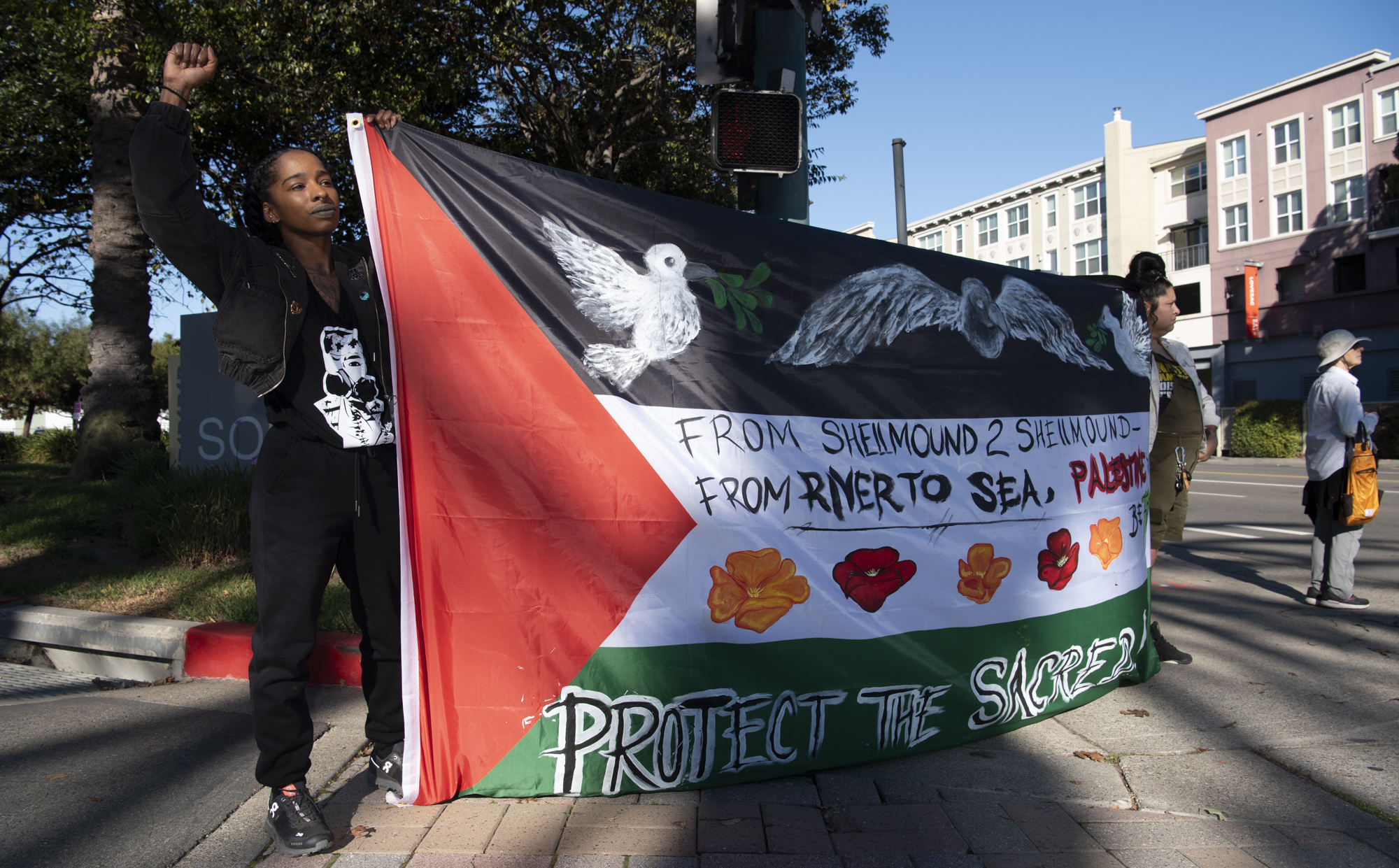
Podcast: whither ‘From the River to the Sea’? II
In Episode 204 of the CounterVortex podcast, Bill Weinberg returns to the persisting controversy around the slogan “From the River to the Sea“—portrayed as either a call to genocide or a cry for liberation. Much mainstream media coverage has dishonestly accepted the prior interpretation as a fait accompli. On the other hand, displays of unseemly enthusiasm for the Hamas attacks by certain sectors of the Palestine solidarity movement have provided propaganda fodder for Israel and its stateside pressure groups. This is (at least) a tactical error that abets moves toward campus censorship of pro-Palestinian voices. Listen on SoundCloud or via Patreon. (Photo: Daniel Arauz via WikimediaCommons)



